Nvidia's value crashes by $942 billion thanks to DeepSeek. Is your portfolio too exposed to the tech trade?
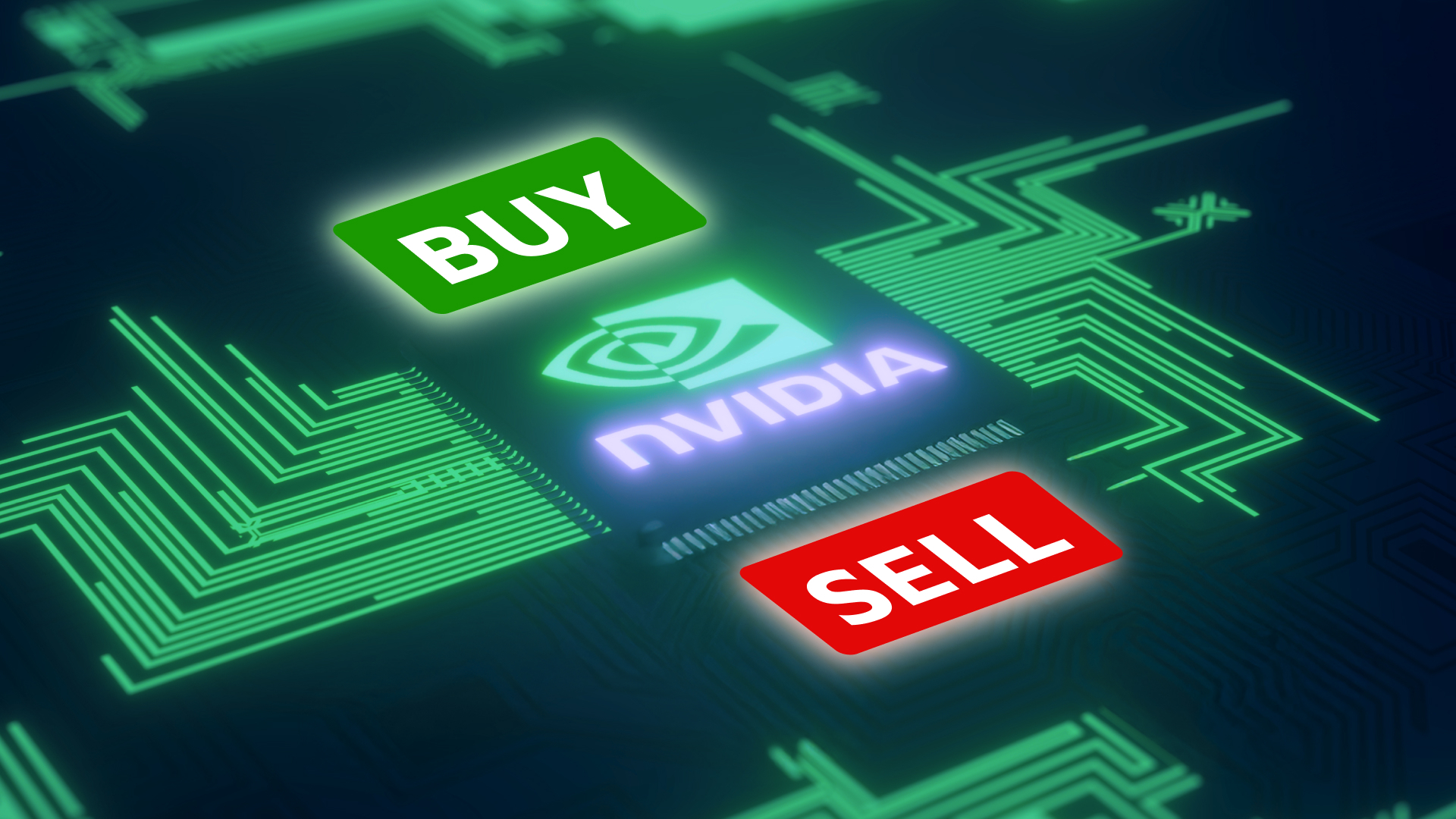
How much technology exposure is too much exposure for a cross-asset portfolio? That's the question a lot of investors will be asking themselves as they realise that Nvidia's market capitalisation fell by US$589 billion (or $942 billion, in Australian Dollar terms) in just one night. It's the largest single-stock fall in market capitalisation terms of all time. The reason?
DeepSeek.
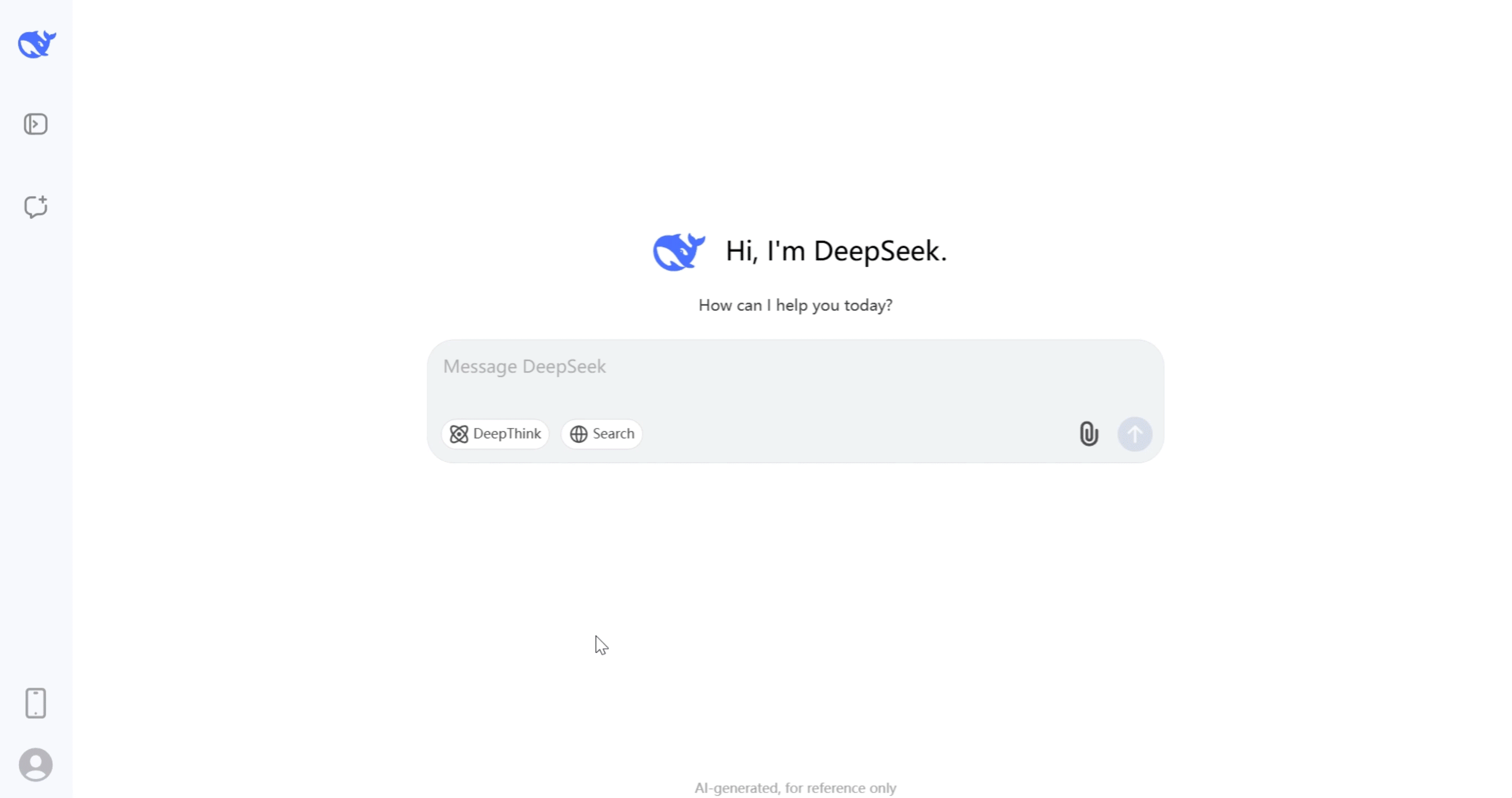
The Hangzhou, China-founded AI startup claims it has created a product that offers comparable performance to the world’s best chatbots at seemingly a fraction of the cost.
Media reporting suggests DeepSeek was able to develop this intelligent chatbot in just two months, at a cost of around US$6 million (far less than what it costs Nvidia, OpenAI, Anthropic etc to run their chatbots), and it's done it despite the chip curbs the US government has placed on Chinese businesses.
So is this, to quote Kyle Rodda at Capital.com, a "nothing" event or an "everything" event? And come to think of it, how much tech is too much tech? We'll dig into those pressing questions in this piece with the help of Lachlan Hughes from Swell Asset Management and David Lane from Ord Minnett.
Is this a golden buying opportunity?
Daniel Ives, Managing Director and Global Head of Technology Research at Wedbush Securities, says this is a buying opportunity. For those who follow Daniel's work, this won't be a surprise given he has, at various times, called Jensen Huang the "Godfather of AI" and has argued that we are in a "new tech age." But in case you don't, here's what Daniel wrote to clients last night:
"A handful of times over the last few years there have been major tech sell-offs that were golden buying opportunities... today is another one of them in our view," he wrote.
"No US Global 2000 is going to use a Chinese start-up DeepSeek to launch their AI infrastructure and use cases. At the end of the day there is only one chip company in the world launching autonomous, robotics, and broader AI use cases and that is Nvidia," he added.
Many sell-side analysts, including RBC Capital Markets and Citi, feel the same way. You can read some of their thoughts in this piece written by my colleagues, Tom Richardson and Kerry Sun:
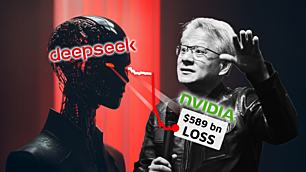
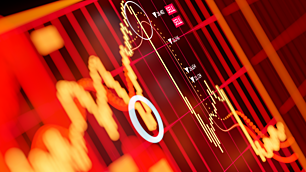.jpg)
...or the end of a super-bull run?
There aren't many public views which outright predict that this is the end of the AI mega-run. Even Jonathan Pain, one of the Australian market's most prominent stock market bears, admits that Nvidia is "the magnificent one", and therefore it is part of his hypothetical "perfect portfolio." As recently as November 2024, Pain wrote this in his weekly newsletter: "I have a high degree of confidence that we can project a significant increase in earnings over the next 2 years."
Another signal of the over-leverage is that none of the 67 sell-side analysts tracked by the Wall Street Journal have Nvidia at an 'underweight' or 'sell' rating.
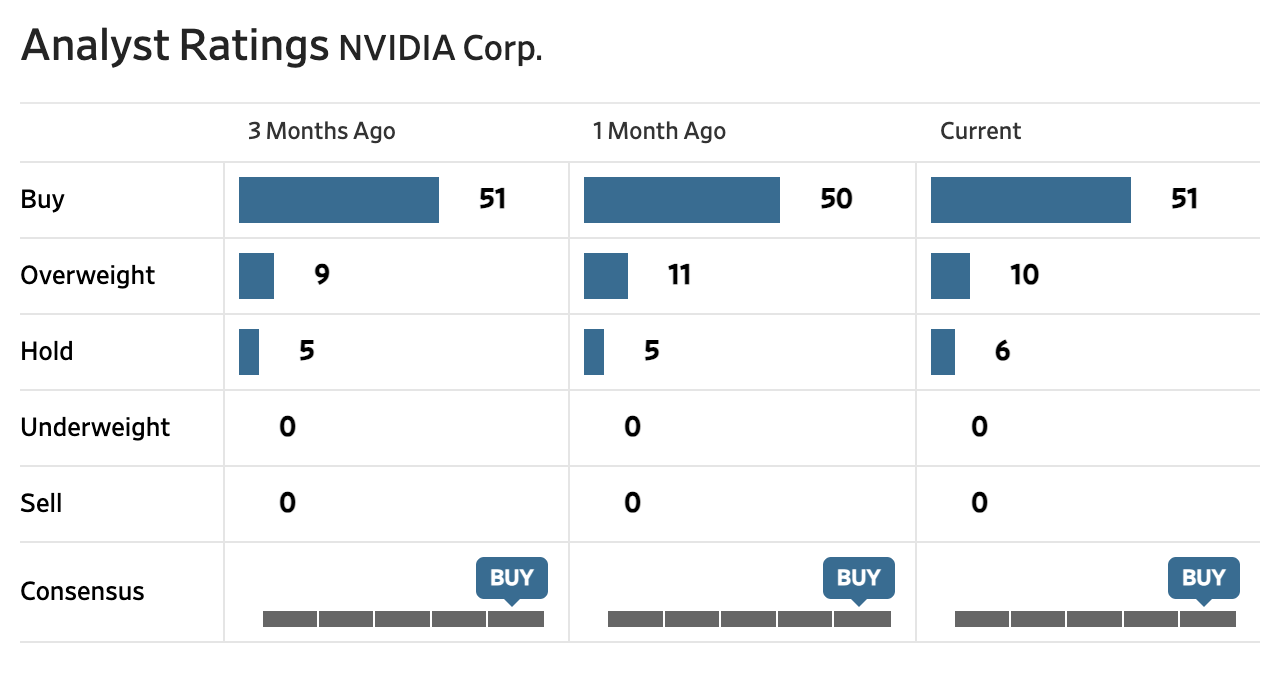
Hughes says that while this isn't a "death knell" for the world's most valuable stock, he does think it's an opportunity for investors to reassess the evolution of AI.
"Investors may need to reassess where they see the value in the tech sector, potentially shifting investments towards companies that are either pioneering these new technologies or are quick to adopt and integrate them into their services," he said.
"If we held Nvidia stock, our recommendation would likely be to hold, preferring to wait for the dust to settle, and then to make a decision," he added.

Although Nvidia is not one of the Swell Global Fund's top five holdings, Amazon, Alphabet, and Microsoft are. Hughes says this moment is more of an opportunity for those stocks than it is for Nvidia.
"As AI technology becomes more accessible and affordable, these companies, which are pivotal players in cloud services, stand to gain," Hughes said.
"This shift presents a significant challenge for companies like Nvidia, which have thrived on the demand for high-end AI computation hardware. As AI becomes less dependent on top-tier hardware, Nvidia may need to reassess its strategy to maintain its market position."
One non-equity market view comes from Sir Demis Hassabis, CEO of Google-backed DeepMind Technologies and the 2024 co-Nobel laureate in chemistry. Speaking to the New York Times, Sir Hassabis argued that the peak of perennial chatbot improvement is likely coming to an end:
"Everyone in the industry is seeing diminishing returns," Sir Hassabis said. "There were extraordinary returns over the last three or four years as the Scaling Laws were getting going ... But we are no longer getting the same progress.”
Nvidia's share price over the last 12 months

The asset allocator's view: How much tech is too much tech?

Lane says today provides an opportunity for investors to consider selling a portion of their Nvidia holdings and to keep some powder dry for when the dust settles.
"There is an argument to sell a quarter of your holding, or a third, and take some profits. Either look at reinvesting that [cash] into something else or waiting for another opportunity to reinvest," Lane said.
"I don't think this is the end for Nvidia and I certainly wouldn't be selling out altogether," he added.
In Ord Minnett's portfolios, some growth portfolios have as much as 40% of cash allocated to international equities but in balanced portfolios, that figure is now as low as 15-20%. The team have been notionally underweight to US equities since early 2024.
As for what you may want to buy on the dip, Lane offers the Australian AI plays which have been caught in this global sell-off.
"The knee-jerk reaction has seen the likes of Goodman Group (ASX: GMG), which has been expanding data centres, DigiCo Infrastructure REIT (ASX: DGT), and NextDC (ASX: NXT) sold off significantly," Lane said.
"There could well be an opportunity to look at buying some of those stocks if they've sold off too much. It's probably a bit brave to do that today, but over the next week, that could well emerge as an opportunity," he added.
4 topics
4 stocks mentioned
3 contributors mentioned

